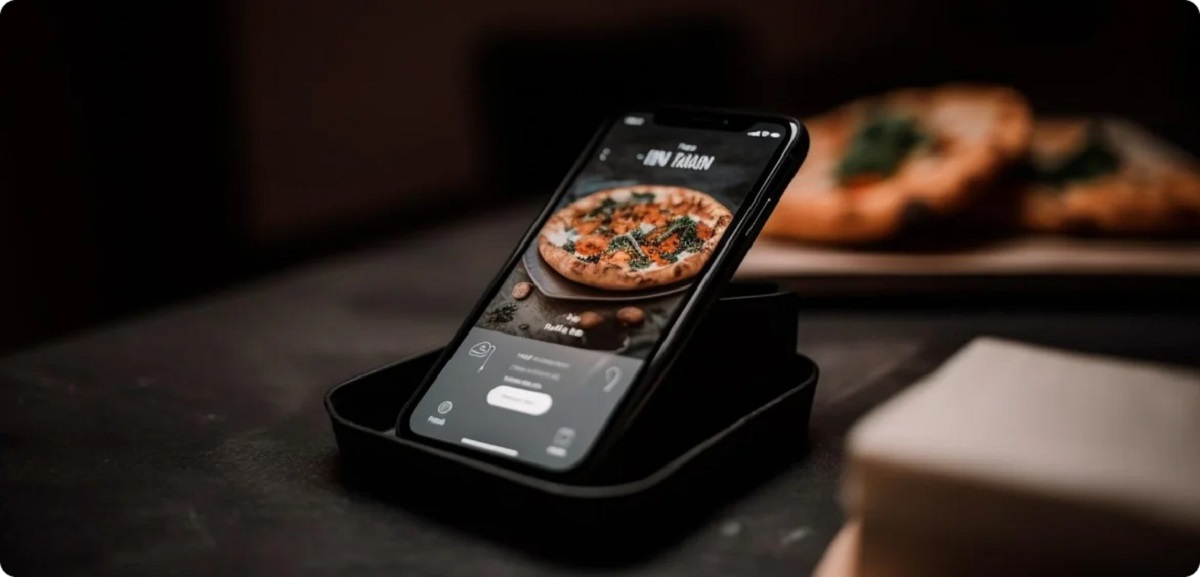
Navigating the Digital Menu: Essential Tips for Restaurant App Development
Overview of Digital Transformation in the Restaurant Industry
The restaurant industry has seen a significant transformation in recent years, driven by technological advancements. Gone are the days when a simple website or a social media page was enough. Today, having a dedicated restaurant app is essential. This shift is not just a trend but a response to changing consumer behavior. People now expect convenience, speed, and personalization in their dining experiences.
Importance of Having a Restaurant App in Today’s Digital Age
A restaurant app offers numerous benefits, from streamlining operations to enhancing customer satisfaction. With features like online ordering, reservations, and loyalty programs, a well-designed app can significantly boost your restaurant’s efficiency and profitability. In today’s fast-paced world, an app can help you stay connected with your customers, offering them a seamless and enjoyable experience.
Purpose of the Blog
In this blog, we will explore essential tips and best practices for developing a successful restaurant app. Whether you’re a restaurant owner or a developer offering restaurant application development services, this guide will provide valuable insights to help you create an app that meets your customers’ needs and stands out in a competitive market.
1. Understanding the Core Features of a Restaurant App
Online Ordering System
A seamless and user-friendly online ordering system is crucial. It allows customers to place orders quickly and easily, boosting sales and customer satisfaction. Integrating the online ordering system with your restaurant’s POS system ensures that orders are processed efficiently and accurately, reducing the chances of errors.
Reservation Management
Managing reservations effectively is another key feature. Your app should allow customers to book, modify, and cancel reservations with ease. Real-time table availability updates can prevent overbooking and ensure a smooth dining experience for your guests.
Digital Menu
An interactive and visually appealing digital menu is a must-have. It should showcase your dishes with high-quality images and detailed descriptions. Including information on special dietary options and customization choices can cater to a wider audience and enhance the customer experience.
Loyalty Programs and Rewards
Implementing loyalty programs and rewards can significantly boost customer retention. Offer point-based systems or discounts to encourage repeat visits. Integrate these programs with existing customer loyalty initiatives to provide a seamless experience.
Push Notifications
Push notifications are a powerful tool to keep your customers engaged. Use them to send updates on promotions, discounts, and special events. Personalized notifications based on user behavior can increase engagement and drive more traffic to your restaurant.
Customer Feedback and Reviews
Customer feedback is invaluable for continuous improvement. Include easy-to-use feedback forms in your app, allowing customers to share their experiences. Responding to reviews and leveraging feedback for improvements shows that you value your customers’ opinions and are committed to enhancing their experience.
2. User Experience (UX) and User Interface (UI) Design
Importance of Intuitive Design
A well-designed UI/UX is essential for user satisfaction and retention. An intuitive design makes it easy for customers to navigate the app and find what they need quickly, enhancing their overall experience.
Navigation and Accessibility
Ensure that your app is easy to navigate. Clear menus, simple layouts, and intuitive controls can make a significant difference. Designing for accessibility, including support for various disabilities, ensures that everyone can use your app effectively.
Visual Appeal
High-quality images and graphics can make your app visually appealing. Consistent branding and a theme that matches your restaurant’s identity create a cohesive and professional look, making your app stand out.
Performance and Speed
Fast loading times and smooth transitions are crucial. Users expect apps to be quick and responsive. Minimize app crashes and bugs by regularly testing and optimizing performance to provide a seamless user experience.
3. Integration with Third-Party Services
Payment Gateways
Integrate secure and multiple payment options like credit/debit cards and digital wallets. Ensuring PCI compliance is vital for protecting customer data and building trust.
Delivery Services
Integrate your app with popular third-party delivery platforms like Uber Eats and DoorDash. Additionally, consider developing an in-house delivery management system to offer more control and flexibility.
Social Media Integration
Make it easy for users to share menus and promotions on social media platforms. Enabling social logins for quicker user access can also enhance the user experience and increase engagement.
4. Ensuring Data Security and Compliance
Protecting Customer Data
Protecting customer data should be a top priority. Implement robust encryption methods and conduct regular security audits to ensure data is safe from breaches.
Compliance with Regulations
Stay compliant with regulations like GDPR and CCPA. This not only protects your customers’ data but also helps avoid hefty fines. Additionally, ensure compliance with food safety and health regulations to maintain high standards.
5. Analytics and Continuous Improvement
Tracking Key Metrics
Track key metrics such as user engagement, order frequency, and customer feedback. This data is essential for understanding how your app is performing and where improvements are needed.
Regular Updates and Enhancements
Regularly update your app to fix bugs and introduce new features. Gather user feedback continuously to make informed decisions about enhancements and ensure your app stays relevant and effective.
6. Marketing and Launch Strategies
Pre-Launch Marketing
Build hype before launching your app through social media and email campaigns. Offering early access or beta testing to loyal customers can generate excitement and valuable feedback.
Post-Launch Strategies
Continuously promote your app through various channels. Offering exclusive deals and discounts to app users can encourage downloads and regular use.
Customer Support
Provide robust support for app-related queries and issues. Ensuring quick response times and effective solutions will keep your customers happy and loyal.
Conclusion
Recap of Essential Tips
Creating a successful restaurant app involves several key factors: understanding core features, designing an intuitive UX/UI, integrating third-party services, ensuring data security, tracking metrics, and effective marketing.
Encouragement to Invest in App Development
Investing in a well-developed restaurant app can bring numerous benefits, from increased customer satisfaction to higher sales. It’s a valuable tool in today’s digital age.
Call to Action
Are you ready to take your restaurant to the next level with a custom app? Contact us for professional restaurant application development services. We offer free consultations to help you get started on your app development journey.


